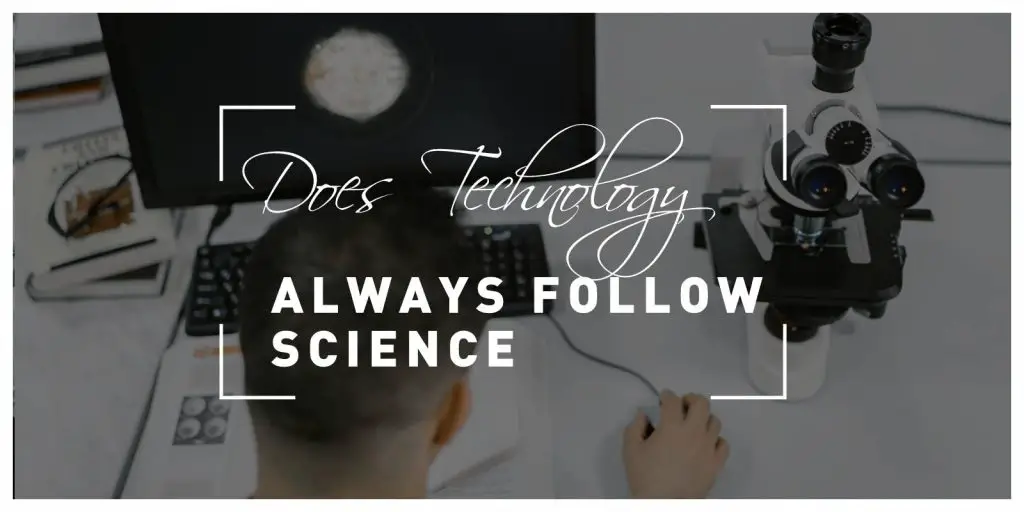Technology and science are two fields that are closely intertwined and have made significant contributions to the world we live in today. Science provides knowledge and understanding of the natural world, while technology applies that knowledge to create practical solutions that improve our lives. But does technology always follow science? This article will explore the relationship between technology and science and examine whether technology always follows science.
Science as the Foundation of Technology
Science provides the foundation upon which technology is built. That is one of the most important aspects of their relationship. Scientific discoveries lead to technological advancements, and this is evident in many areas of our lives. For example, the discovery of electricity by scientists led to the development of various electrical appliances and devices. Similarly, the study of genetics and DNA has led to the development of biotechnology and gene editing technologies.
However, while scientific discoveries are important, it is not always the case that technology follows science directly. In some cases, technology may be developed independently of scientific research or may even precede scientific discoveries.
Independent Development of Technology
Technology is not always developed based on scientific discoveries. Sometimes, technology is developed based on empirical observations and practical applications. For example, the invention of the wheel was not based on scientific research but on the need to transport goods more efficiently. Similarly, the development of agriculture was not based on scientific discoveries but on the observation of natural processes and the need to feed growing populations.
Precedence of Technology Over Science
In some cases, technology may even precede scientific discoveries. This is particularly evident in the field of engineering, where engineers may develop new technologies based on their understanding of existing technologies, without necessarily relying on scientific discoveries. For example, the development of materials such as concrete and steel has led to the construction of modern buildings and infrastructure without necessarily relying on scientific discoveries.
The Role of Applied Science
While technology may not always follow science directly, it is often based on applied science. Applied science involves the application of scientific principles to practical problems and is an important aspect of technology development. Applied science can help to refine and improve existing technologies, leading to more efficient and effective solutions.
Examples of applied science in technology development include the development of solar panels, which relies on the principles of physics and chemistry, and the development of new materials, which involves the application of materials science principles.
In conclusion, the relationship between technology and science is complex, and it is not always the case that technology follows science directly. While scientific discoveries provide the foundation for technology development, technology may also be developed independently of scientific research or may even precede scientific discoveries. However, applied science plays an important role in technology development, and the application of scientific principles can lead to more efficient and effective solutions. Ultimately, technology and science are two fields that are interconnected and will continue to shape our world in the future.
